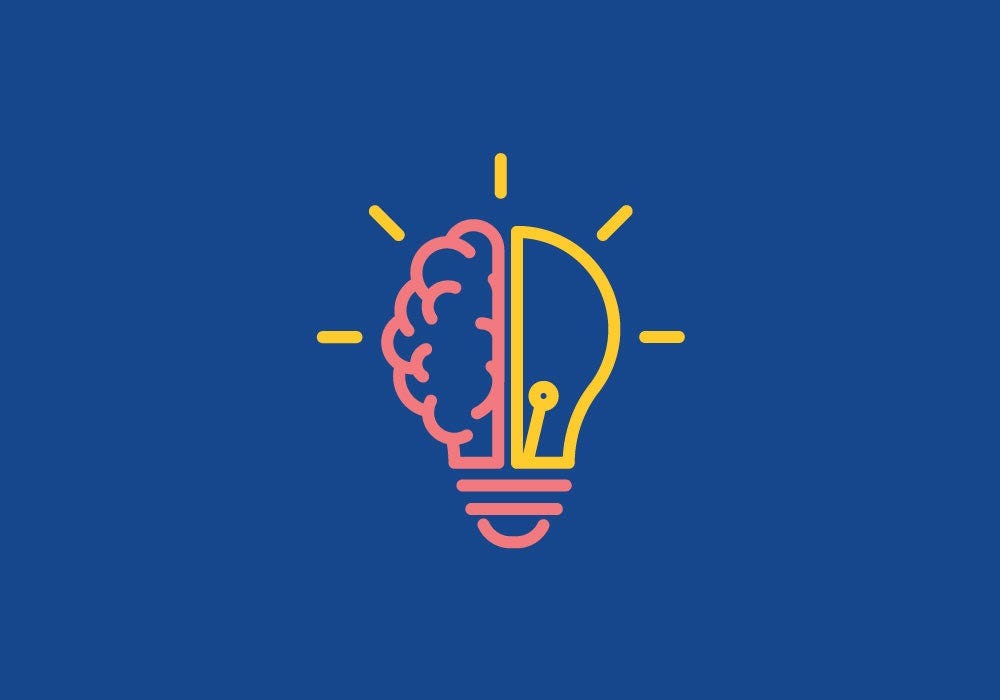Knowledge versus wisdom
Access to information keeps speeding up, but how does our habit for instantaneous knowledge effect our expectations for wisdom?
In the conversation about media and society, I consistently bump up against a handful of consequences that seem to reemerge regardless of topic. One of those usual suspects has to do with the speed and availability of information and how without context (and effective markers for attributes like type, intent, authorship, and the like) it often feels impossible to know what to trust. I spend a lot of time thinking about how to undo that context collapse, but have another consequence of our speed habit in mind today.
We often talk about having access to all human knowledge in our pockets. With the near-ubiquity of smartphones and our habituation to “googling” everything we don’t know off the top of our heads, we have become very used to “knowledge” being fast. And if knowledge is fast, what about wisdom?
We tend to use them interchangeably, but they mean very different things:
Knowledge: acquaintance with facts or truths.
Wisdom: having the power to discern and judge properly what is right.
Two important distinctions: knowledge is as state of being — known versus not known — related to facts, pure information, and connected directly to truth which is the adherence to fact. Despite our common cultural usage and references to personal lived experience in the form of “my truth”, what is “true” is meant to be objective. Wisdom is an ability, the use of discernment to judge properly, the application of knowledge and that application is inherently subjective. Wisdom is moral and that application requires perspective and time. Perspective requires humility, empathy, nuance. Time requires time. Knowledge can be instantaneous; wisdom requires time.
Our primary access to the information that gives us knowledge is through media systems we rely on to accessing storytelling that do not lend themselves to any of the above.
Where can we get good packer-cut briskets in the Hudson Valley?
Knowledge.
What is the most important work for me to be doing with my life at this moment? Wisdom.
Fundamentally different kinds of questions, and we are often deeply impatient with the process of the second (and therefore don’t take the time necessary to discern effectively, to become wise) because we are so used to the instant gratification of the first.
We need discernment and patience in leadership. A society that struggles with wisdom will struggle with moral leadership. Our habituation to knowledge as instantaneous, our incaution with language, and context collapse leaves us less wise, less able to discern right, less confident in moral stature, and suffering from a lack of direction or leadership beyond things that we have embraced as substitutes to wisdom that are easier to count: growth, efficiency, wealth.
When we talk about media reform and transformation, we often bump into the need to slow interfaces down, to give ourselves time to think, to react with our brains and hearts and not just our psychology. We also need that time to go from knowledgeable to wise — and that time is more cultural than just interface design.
Next comes the connection between speed, outrage, and power. Stay tuned.
Welcome to 7 Bridges — a conversation about the future of humanity and democracy in America. If you’re joining us for the first time, hello! Subscribe via the button below to get this in your inbox for free.
Please consider becoming a paid subscriber to support this work, too. Subscribing to 7 Bridges is the best way to keep it free and open to all — and to support new voices and independent media.


